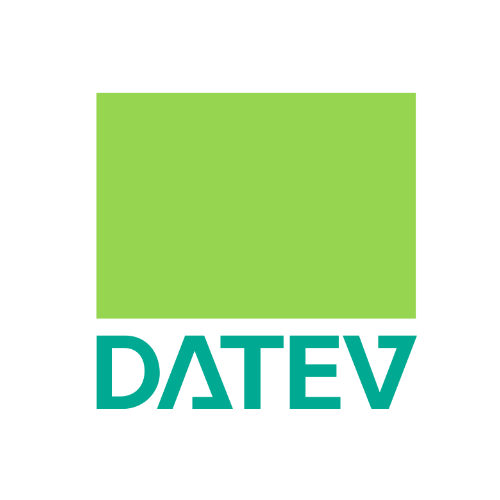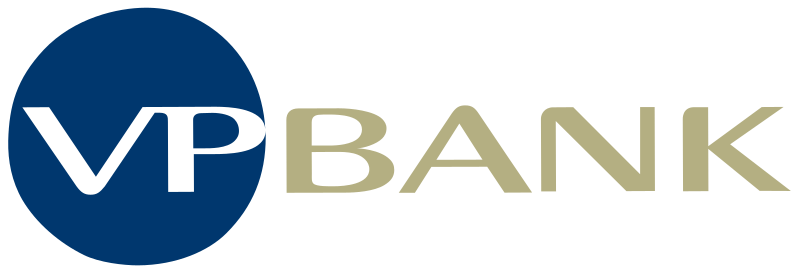Experience a balanced mix of theory, live demonstrations and practical exercises.
Design and implement data-driven projects, mastering Python for data handling, governance, and architecture.
Learn to work with diverse databases, from relational to NoSQL, and orchestrate efficient ETL workflows.
Build scalable, event-driven data services with secure APIs and handle real-world Big Data challenges.
In this Data Driven Python Training, you will learn …
… how to leverage Python to extract, analyze, and visualize data for business insights and decision-making. You’ll gain hands-on experience with pandas, NumPy, Matplotlib, and build data pipelines that are clean, reusable, and production-friendly. Learn how to turn raw data into actionable insights, apply data validation, and connect Python with databases and APIs.
This course is for data analysts, data-savvy developers, and anyone wanting to deepen their practical skills in Python-powered data workflows.
Practical Applications That We Will Cover in the Training:
- 1
Hands-on experience with Python basics for data handling, including lists, dictionaries, tuples, sets, and file interactions.
- 2
Understanding of data architecture concepts, such as monolith vs. microservices and Data Lakes vs. Databases.
- 3
Knowledge of various database types, their characteristics, and how to select the right one for your needs.
- 4
Practical experience with workflow orchestration tools like Apache Airflow and data pipeline monitoring.
After The Course, You Will Be Able To:
- 1Design and develop robust data-driven projects using Python.
- 2Understand the importance of data governance, lineage, and architecture in modern software development.
- 3Work with various databases, including relational, document-based, time-series, and blob storage.
- 4Implement ETL processes and workflow orchestration tools for efficient data processing.
- 5Design and implement event-driven data processing pipelines using Kafka as a MessageBus.
- 6Develop secure APIs for data access and design scalable data services and semantic layers.
The Data Driven Python training is not suitable for you if…
Hear from our satisfied training attendees
A1 Telekom Austria AG
„UTA coached my team along the development process of the migration plan of our on-premises data lake to the public cloud.
The outstanding level of expertise, both on a technical and organizational level, ensured a well-structured and realistic migration plan including timeline, milestones, and efforts.
The enablement of my team was at the center of a very smooth collaboration. Through UTA, we achieved our goal faster and reduced risks of the migration project significantly.
I highly recommend UTA’s services!“
Reinhard Burgmann
Head of Data Ecosystem
Vattenfall
„I recently attended Vattenfall IT’s online Kafka training day hosted by Ultra Tendency, and it was an enriching experience.
The trainer, Ahmed, did a fantastic job explaining the theory behind Kafka, and the emphasis on practical application was great. The hands-on programming exercises were particularly helpful, and I’ve never experienced training with so many interactive examples!
Overall, I highly recommend this training to anyone who wants to improve their Kafka knowledge interactively and gain valuable skills.”
Bernard Benning
BA Heat
VP Bank
„The MLOps training exceeded our expectations!
It offered a perfect blend of an overview, hands-on coding examples, and real-world use cases. The trainer answered all questions competently and adapted the content to fit our company’s infrastructure.
This training not only provided us with knowledge but also practical skills that we can apply immediately.“
Eisele Peer
Lead Architect & Head of IT Integration & Development
Hutchison Drei Austria GmbH
„The training Introduction to the Cloud with AWS and Azure impressed us! We particularly appreciated the excellent overview of the topics, the hands-on exercises, and the extensive practical activities that made the learned concepts directly applicable.
The content was well-structured, and the combination of theory and practical applications was ideal for our needs. The opportunity to clarify specific questions in the Q&A sessions was also extremely valuable. Overall, the training deepened our understanding of cloud computing and provided us with insights into the differences and strengths of AWS and Azure.
We now feel better prepared to make strategic decisions for our cloud strategy. Thank you for this excellent training!“
Eisele Peer
Lead Architect & Head of IT Integration & Development
Get to know your Training professionals

Marvin Taschenberger

Hudhaifa Ahmed
Senior Lead Big Data Developer & Berlin Territory Manager, Ultra Tendency

Matthias Baumann
Required hardware & infrastructure for your Data Driven Python Training
- You will need a PC or Mac with a web browser and MS Teams.
- During the training, we will provide you with a virtual machine with the required local dependencies, services and root access.
- You can access the machine via a browser or SSH if you wish and the network restrictions allow it.







